I'm trying to mock the return value for a method using the when call from mockito. However, I'm new to this and I may perhaps be misunderstanding how mockito works, since the call is failing inside the method mocked when that calls another method. I thought regardless of how that method is implemented, I should be getting the return value I'm asking for? Or do I need to mock also the internals for that method? I feel that shouldn't be it.
public boolean verifyState(HttpServletRequest request, String s) {
String stateToken = getCookieByName(request, STATE_TOKEN);
String authToken = getCookieByName(request, AUTHN);
boolean isValidState = true;
if (isValidState) {
try {
log.info(getEdUserId(stateToken, authToken));
return true;
} catch (Exception e) {
ExceptionLogger.logDetailedError("CookieSessionUtils.verifyState", e);
return false;
}
} else {
return false;
}
}
public String getEdUserId(String stateToken, String authToken) throws Exception {
String edUserId;
Map<String, Object> jwtClaims;
jwtClaims = StateUtils.checkJWT(stateToken, this.stateSharedSecret); // Failing here not generating a proper jwt token
log.info("State Claims: " + jwtClaims);
edUserId = sifAuthorizationService.getEdUserIdFromAuthJWT(authToken);
return edUserId;
}
My test:
@ActiveProfiles(resolver = MyActiveProfileResolver.class)
@WebMvcTest(value = CookieSessionUtils.class, includeFilters = {
@ComponentScan.Filter(type = FilterType.ASSIGNABLE_TYPE, classes = {ApiOriginFilter.class, ValidationFilter.class})})
class CookieSessionUtilsTest {
@Autowired
private CookieSessionUtils cookieSessionUtils; // Service class
@Mock
private CookieSessionUtils cookieSessionUtilsMocked; // Both the method under test and the one mocked are under the same class, so trying these two annotations together.
@Mock
private HttpServletRequest request;
@BeforeEach
public void setUp() {
MockitoAnnotations.initMocks(this);
}
@Test
public void testVerifyState1() throws Exception {
//...Some mocks for getCookieName
UUID uuid = UUID.randomUUID();
when(cookieSessionUtils.getEdUserId(anyString(), anyString()).thenReturn(eq(String.valueOf(uuid))); // When this line runs it fails on verifyState method
assertTrue(cookieSessionUtils.verifyState(request, ""));
}
UPDATE
Attempt using anyString() instead of eq().
Thank you.

